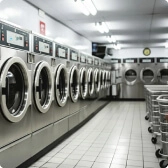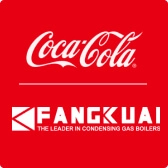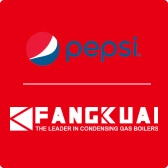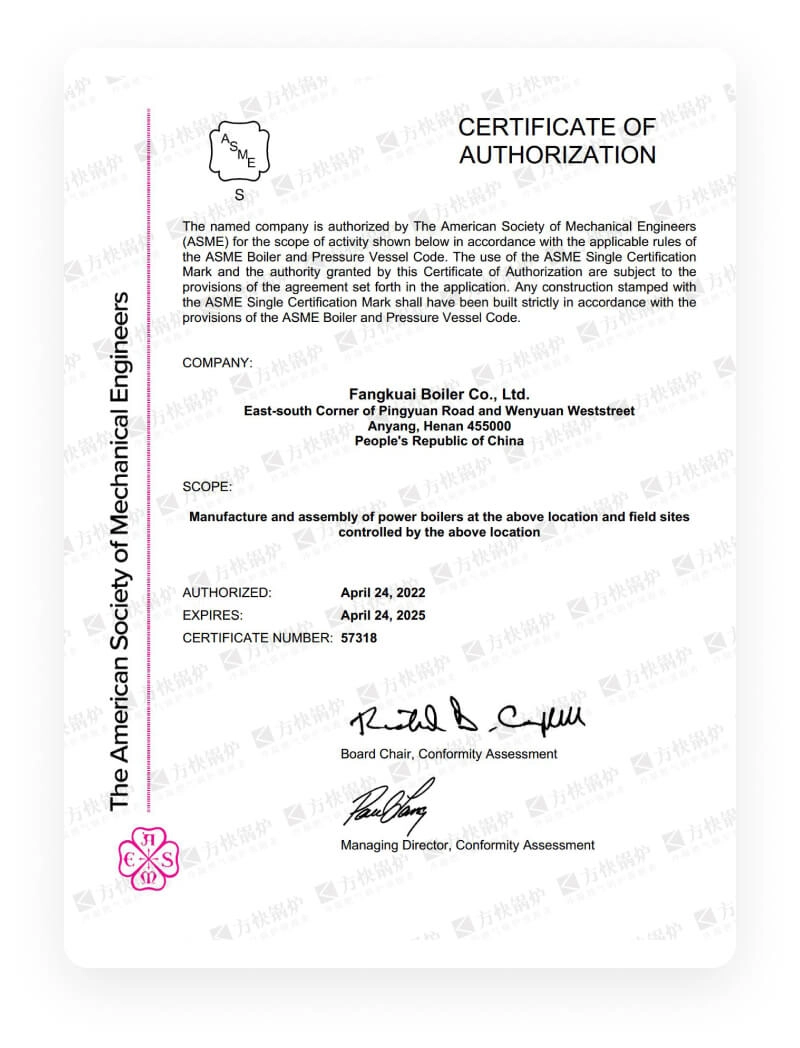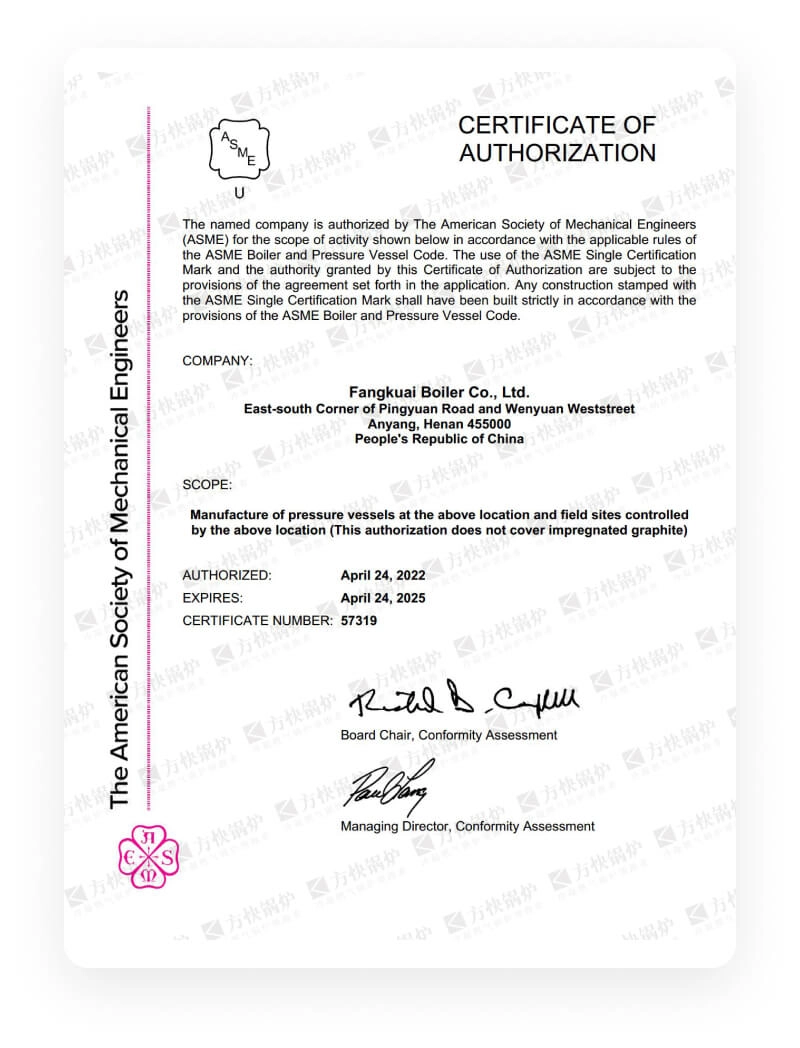Steam Boiler For Brewery - Boiler Buying Guide
date: 2024-09-10
Page preview:

Do you need a steam boiler that is energy-efficient, reliable, and capable of handling the demanding processes in your brewery? Whether you're brewing large batches, heating water for mashing, or ensuring consistent steam pressure for sterilization, the right steam boiler is key to maintaining the quality and efficiency of your operations.In this guide, we'll walk you through 10 essential tips to help you select the best steam boiler for your brewery's needs.
1. Boiler Capacity and Output
The first step in selecting a boiler for your brewery is determining your steam demand. The boiler capacity must align with the production scale of your brewery. Here's how to gauge your needs:
- Brew Kettle Heating: Steam is used to heat the brew kettle during the mashing and boiling processes. You need a boiler that can provide consistent and sufficient heat for these stages.
- Cleaning and Sanitization: Steam is essential for cleaning and sanitizing brewing equipment. The boiler should meet the peak demand for these tasks without compromising production time.
A good rule of thumb is to calculate your total steam needs based on the number of barrels produced per batch. Typically, breweries may require a boiler with an output of 100-500 HP (horsepower) for mid-sized operations.
2. Energy Efficiency
Energy efficiency is a critical consideration, especially for breweries aiming to reduce operational costs and environmental impact. High-efficiency boilers can significantly reduce fuel consumption, offering long-term savings. Modern boilers often incorporate technologies like:
- Condensing Boilers: These units capture latent heat from exhaust gases, boosting overall efficiency. Condensing boilers can achieve efficiency rates as high as 95% or more.
- Insulation and Heat Recovery Systems: Well-insulated boilers and integrated heat recovery systems further improve energy performance by reducing heat loss.
Choosing an energy-efficient boiler is vital in ensuring reduced fuel costs while meeting the increasing demand for sustainable brewing practices.
3. Fuel Type
Breweries can choose from several fuel options for their steam boilers:
- Natural Gas: Natural gas boilers are popular for their availability and relatively low cost. They are ideal for breweries located in areas with easy access to natural gas lines.
- Propane or LPG: This is a viable alternative for breweries in areas without natural gas infrastructure. However, propane tends to be more expensive than natural gas.
- Diesel or Heavy Oil: Diesel boilers are less common but can be an option in regions where other fuels are less accessible.
- Electric Boilers: Electric steam boilers are often used in smaller breweries or where emissions regulations are stringent. They offer excellent efficiency but can be expensive to operate depending on electricity costs.
When selecting a fuel type, consider not only operational cost but also local fuel availability and environmental regulations.
4. Boiler Design and Space Requirements
Space constraints in a brewery are common, especially in smaller or urban facilities. Boilers come in various sizes, so it's crucial to select one that fits within your available space while meeting your steam requirements. Compact designs, such as modular boilers, are ideal for breweries with limited space.
Modular systems also allow for scalability, enabling brewers to add more boiler units as production expands without requiring a complete overhaul.
5. Low-NOx Emission Requirements
Many breweries today are focused on reducing emissions and complying with environmental regulations. Look for boilers that meet low-NOx (nitrogen oxide) emission standards, typically 30 mg/Nm³ or less. This is especially important in regions with strict air quality laws.
Boilers equipped with technologies such as low-NOx burners and flue gas recirculation systems help in reducing harmful emissions, making them more environmentally friendly and compliant with local regulations.
6. Automation and Control Systems
Modern steam boilers come with advanced automation and control systems that improve safety and operational efficiency. Features to consider include:
- Automatic Blowdown Systems: Automatically remove impurities from the boiler, reducing the need for manual blowdowns and improving water quality.
- Remote Monitoring: Enables operators to monitor and control the boiler from a remote location. This feature ensures quick response to any issues and helps optimize boiler performance.
- Modulation Capabilities: Boilers with modulation features can adjust output to match the steam demand, improving efficiency and reducing fuel usage during low-load periods.
These advanced control systems help breweries streamline operations, reduce downtime, and prevent costly maintenance issues.
7. Maintenance and Serviceability
Regular maintenance is critical for boiler longevity and optimal performance. Choose a boiler that is easy to maintain, with accessible components for routine inspections, cleaning, and part replacement. Features like removable panels, external blowdown valves, and accessible combustion chambers can simplify maintenance tasks and reduce downtime.
Additionally, partnering with a manufacturer that offers reliable after-sales service and support is essential to ensure quick responses to potential issues.
8. Safety Features
Breweries should prioritize boilers with robust safety features to prevent accidents and equipment damage. Common safety mechanisms include:
- Pressure Relief Valves: Prevent over-pressurization by automatically releasing steam if the pressure exceeds safe limits.
- Low-Water Cutoffs: Protect the boiler by shutting down the system if water levels drop too low.
- Overheat Protection: Automatically shuts off the boiler in the event of excessive temperature, preventing potential damage.
Ensuring that your boiler has adequate safety mechanisms can help you avoid costly repairs and maintain a safe working environment.
9. Cost and Budget
While price is an essential consideration, it's important to weigh initial costs against long-term benefits such as fuel efficiency, durability, and maintenance requirements. A high-efficiency boiler may have a higher upfront cost but will save significantly on fuel over time. Additionally, boilers with advanced controls and low maintenance requirements can reduce long-term operational costs.
10. Warranty and Support
Finally, consider the warranty and customer support offered by the boiler manufacturer. A comprehensive warranty can provide peace of mind and protect your investment. Additionally, access to a responsive support team is crucial in case of technical issues or maintenance needs.
Conclusion
Choosing the right steam boiler for your brewery is a significant decision that impacts production efficiency, energy consumption, and operational costs. Focus on finding a boiler with the right capacity, fuel type, energy efficiency, and safety features for your specific needs. By investing in a high-quality boiler, you'll ensure smooth brewery operations and a high-quality end product for years to come.
For professional consultation on selecting the most suitable steam boiler for your brewery, consider a free design solution and expert advice from an A-rated boiler manufacturer like Fangkuai Boiler, known for energy-efficient steam solutions with over 10% fuel savings compared to standard boilers.




